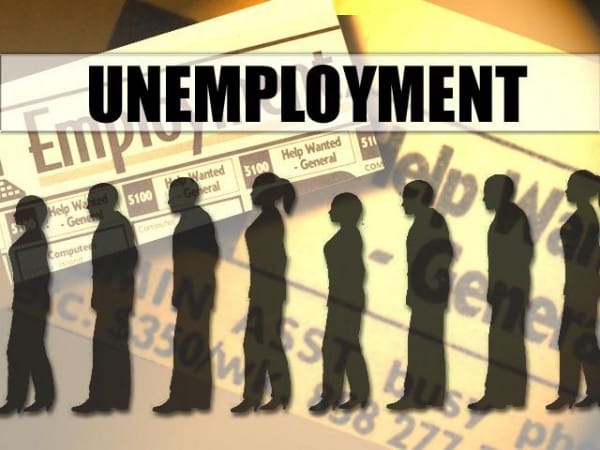Jobless Claims Rise in Wake of Poor August Figures


Initial claims for unemployment benefits soared last week in the wake of disappointing job gains in August. The U.S. Department of Labor's Employment and Training Agency reported an increase of 15,000 applications to a seasonably adjusted figure of 382,000 for the week ending September 8.
The 4-week moving average, considered to be a less volatile number, rose to 375,000. This figure increased by 3,250 from the revised average of 371,750 from the week before. The total number of insured unemployment in the week ending September 1 was 3,283,000, which dropped 49,000 from the revised figures from the week before. The insured unemployment rate remains fixed at 2.6%. This rate has remained static for weeks.
It is not often that the U.S. Department of Labor lists a special factor that contributes to the rise in initial jobless claims, but the latest report reveals that one of the biggest reasons there was such a high increase in unemployment insurance applications was because of Tropical Storm Isaac. Isaac, of course, was elevated to a category one hurricane just before it made landfall in Louisiana.
The impact the storm had on work in nine states boosted the number of first-time claims by approximately 9,000 for the week ending September 8.
Since the Bureau of Labor Statistics released the monthly jobs report for August on September 7, it is not fair to say the underwhelming 96,000 jobs created in the last month had an impact on layoffs during the same week. However, the continuous signs of weak economic growth as America faces an impending fiscal cliff will do very little to boost the confidence of consumers or job creators.
The unemployment rate dropped from 8.3% to 8.1% in August, but the decrease was not a result of healthy job gains. The main reason the rate has been as low as 8.1% this year is because so many people have dropped out of the labor market. These are people that are so discouraged by the lack of opportunities available to them they stopped their pursuit of work.
In August, 368,000 people left the labor force, which is a dramatic turnaround from the previous month when many people returned to the job market. Employers are still reluctant to hire during tepid economic growth and, despite claims of huge cash holdings, the nation’s biggest corporations are only adding on to their payrolls if they absolutely have to.
The slow economic recovery, which is moving at a snail’s pace right now, will likely cause the Federal Reserve to take action to help spur economic growth. Analysts speculate that the Fed will decide to unveil some plan of action after their two-day meeting ends Thursday. It is widely believed that economists at the Fed will move forward with a third bond-buying program.


